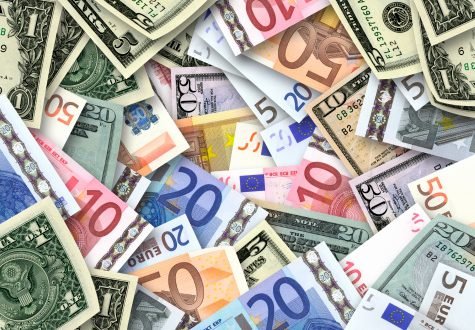Finacial Education - Exchange rates and the inflationary effect on politically vulnerable financial systems
Globalization has generated an intricate web of trade and financial linkages between countries on all continents. When the international economic system functions properly, it contributes to rapid economic growth; when the trading system collapses, production and incomes around the world suffer.

Therefore, another variable that emerging investors must consider before, during and after the investment process within the national territory is the exchange rate (also called exchange parity).
Therefore, the exchange rate is nothing more than the rate that marks the relationship between the value of two currencies, or in a more prosaic way, how much of a given currency we would need to buy another, or what is the same, how much we would get for selling that one, in this way the exchange rate measures the market value of a national currency in relation to another currency.
The inflationary effect in Venezuela has generated great uncertainty in the decisions of potential emerging investors at the time of investing within the national territory, due to the constant and progressive increase in the prices of goods and services, inflation is defined as the percentage change in the general price level in a given period.

In other words, inflation reflects the decrease in the purchasing power of the currency, a loss of the real value of the internal medium of exchange and unit of measurement of an economy. These accelerated price changes have a direct impact on investments, since investors are required to have the financial liquidity capacity to foresee possible obligations or losses in the investment process.